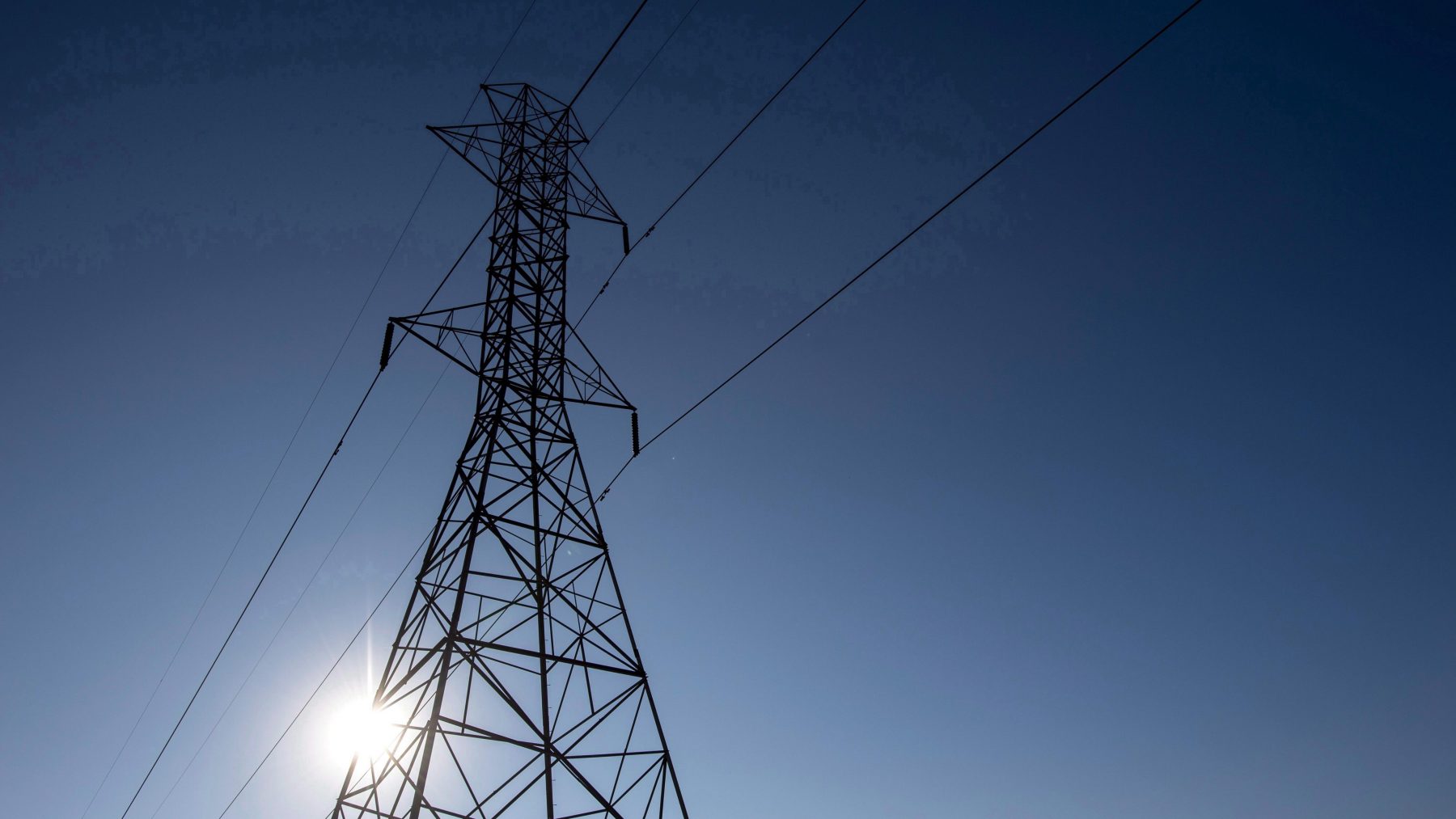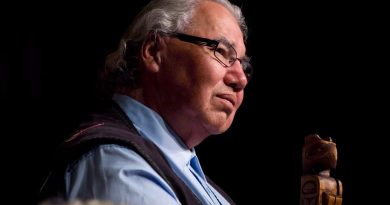Yukon Energy to build battery storage, upgrade power line in northwestern Canada

Yukon Energy will spend nearly $60 million to build a new battery storage facility in Whitehorse, northwestern Canada, and replace a dilapidated 31-kilometre stretch of the Stewart-Keno transmission line.
The projects, announced Thursday, include $39.2 million in funding from Ottawa, and $19.7 million from the Yukon government and Yukon Energy.
The battery storage will allow Yukon Energy to generate renewable power from its hydro dam in Whitehorse overnight and during periods of low demand and store it in the battery for use when demand is higher.
Yukon Energy president Andrew Hall said the facility will allow the utility to store up to 40 mWh of power, reducing the need to use its diesel- and natural gas-fired backup generators. It could reduce greenhouse gas emissions by 20,000 tonnes over 20 years.
“It will serve as a flexible and dependable supply of electricity for all Yukoners connected to the grid,” Hall told reporters. “When demands are high or during emergencies it will also help us to prevent outages from happening or respond more quickly to outages once they occur.”

Hall said the utility hasn’t settled on a location for the battery unit yet. Yukon Energy hopes to have it in service by 2023 at the latest. The project is slated to cost $25 million, with $16.5 million coming from Ottawa.
The utility has also talked about building a new fossil-fuel-powered backup generator in Whitehorse. Hall couldn’t say whether the battery would change the calculations for Yukon Energy on the new generators.
Cody Reaume, an energy analyst with the Yukon Conservation Society, said the battery should help reduce the need for a permanent fossil fuel backup generator. Yukon Energy currently rents backup generators, but has said the availability of those generators can be inconsistent.
“Certainly we’re excited about the battery project as a project that helps to reduce our reliance on diesel,” he said. “But I think our stance has been that doing a temporary solution for the diesel is the way to go.”
New transmission lines
Yukon Energy will also replace a 31-kilometre stretch of the Stewart-Keno transmission line between Mayo and McQuesten. The line will be upgraded to 138kV and will allow the Eagle gold mine, which is about to come into production, to use hydroelectric power.
The current line is 65 years old, Hall said, and badly in need of replacement.
“We’ve had consultants tell us that it’s the worst line they’ve ever seen,” Hall said.
John McConnell, president of Victoria Gold Corp., which owns the Eagle mine, said the Stewart-Keno line is in desperate need of repairs.
“I often wondered whether the poles were there to hold up the power line or the power line was there to hold up the poles because there’s a few places where the poles are sitting at 45 degree angle,” he said.
The transmission line project will cost $33.9 million, with $22.7 million of that coming from the federal government.
It’s one of a string of pre-election spending announcements in Yukon for the territory’s MP Larry Bagnell. Questioned by reporters, Bagnell insisted the timing of Thursday’s announcement had nothing to do with the pending election call.
“I thought someone might ask that,” he said. “I didn’t decide on the timing so I have no idea.”
Related stories from around the North:
Canada: MLA worried hydro expansion in Northern Canada is ‘subsidy’ for mining project, CBC News
Finland: Nuclear waste company plans major investment at disposal site in southwest Finland, Yle News
Norway: Traces of radioactive iodine detected near Norway-Russia border, The Independent Barents Observer
Russia: Floating nuclear power plant near destination in Russian eastern Arctic, The Independent Barents Observer
Sweden: Sweden’s small wind farms reducing energy production, Radio Sweden
United States: Russia’s floating nuclear power plant worries Alaskans, Alaska Public Media



